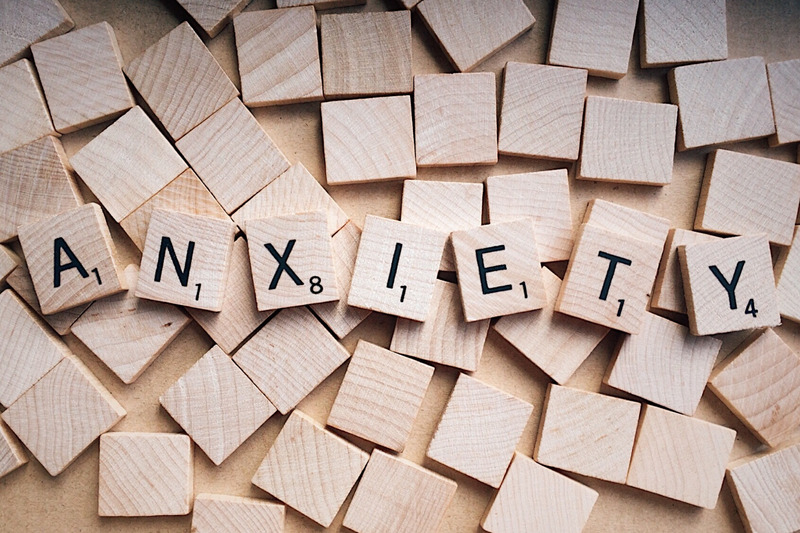Contact Us




We can experience anxiety as a normal response to stressful situations. Anxiety can be an important warning sign that something is wrong and help us protect ourselves from danger. Anxiety causes feelings of fear, worry, apprehension, or dread that are excessive or disproportional to the problems or situations that are feared. But when it arises more often, it is disproportionate to stressors, and disrupts an adult’s experience and quality of life. Anxiety can become a serious disorder that should be treated with great care. Anxiety is a common illness among older adults, affecting as many as 10-20 percent of the older population, though it is often undiagnosed. Untreated anxiety can lead to cognitive impairment, disability, poor physical health, and a poor quality of life.
Elderly can suffer different types of anxiety such as panic disorder, generalized anxiety, social anxiety and obsessive-compulsive disorder. We should always look for the symptoms of anxiety and not dismiss them as part of normal ageing process. Generally older adults experience anxiety symptoms in wide range of categories which can include: Behavioural, Feelings, Thoughts and Physical symptoms.
Some common symptoms to look in for any anxiety disorders are-
Transitions can be difficult, with age we can face challenges which can escalate to anxiety. Some of the common triggers for anxiety in older adults are-
Older adults who think they may be suffering from anxiety should share their concerns with their primary care physicians. A physician can help determine if the symptoms are due to an anxiety disorder, a medical condition, or both. One should also seek expert help of a mental health care professional like a psychologist. Currently because of social distancing norms these consultations and counselling sessions are available through online platforms.
If you think your loved one is experiencing anxiety it is better to address their symptoms at earliest. Few things to keep in mind when talking with an older adult who has an anxiety problem are:
By creating a more positive and supportive environment for older adults, they can cope with anxiety more effectively and navigate treatment more gracefully.
Samvedna Care, has expertise in helping older adults deal with mental health issues. We provide tele counselling support for families, professionals and organizations to deal with stress, anxiety, grief, bereavement, work life balance, retirement planning, caregiver stress and age related disorders. Reach out to Samvedna Care for any tele counselling and telemedicine services.